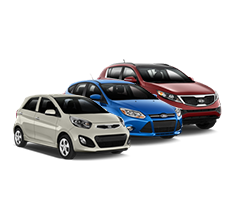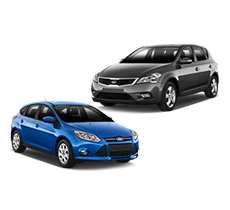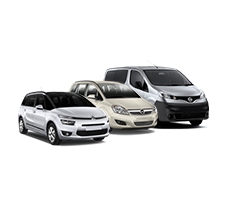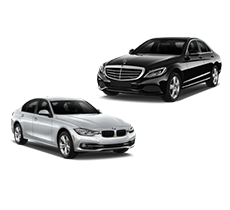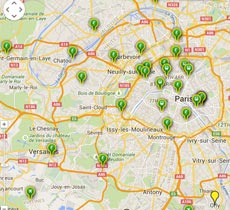-
Deals
Local dealsWorldwide dealsPartner deals
- Vehicles
-
Worldwide
Top CountriesTop Stations
-
Cyprus Locations
Europcar HeadquartersAirport StationsCity StationsService Center
-
Services
Europcar ServicesEuropcar Extras
Driving Tips

DRIVING TIPS
For getting around in Cyprus, driving a car is by far the most preferred method of transport - mainly due to the somewhat irregular public transport service which (even when it arrives) does not always go to the more remote areas of the island. As driving in a foreign country can sound daunting at first, here's an introduction to the Cyprus highways.
First thing to note is that Cypriots drive on the LEFT side of the road, and at roundabouts give way to traffic approaching from the right. The wearing of seatbelts is compulsory in both front and rear of the car, and the use of mobile phones whilst driving is forbidden. Police will issue on-the-spot fines to anyone caught breaking these laws.
| Drivers must also carry their driving licence with them at all times. |
All the major towns are linked with fairly-good surfaced roads that compy with international traffic requirements. Dual carriageways link the capital, Nicosia, with the coastal towns of Limassol, Larnaca and Paphos. The majority of minor roads and forest roads are still unsurfaced, and care should be taken when using these roads, especially during wet weather in the winter months. Be aware that insurance cover on your vehicle does not apply when driving on unsurfaced roads unless the vehicle is a 4-wheel drive type, so we advise customers to avoid these roads wherever possible.
All distances and road speed limits are shown in kilometres and kilometres per hour respectively, with international road traffic signs placed along the left-hand side of the roads and highways. The maximum speed on the motorways (dual carriageways) is 100km/h and there is also a minimum speed of 65km/h applied. On all other open roads, the speed limit is 80km/h unless otherwise stated. Built-up and town areas are usually restricted to 50km/h.
| Busiest times in towns are 07.30 - 08.00, 13.00 - 13.30, and 17.00 - 19.00 |
Due to the intense glare of the sun, it is advisable not to drive due West in the late afternoon - not only is it uncomfortable on the eyes but it is also potentially dangerous. A strong pair of sunglasses are recommended at any time of day, and drivers should be aware that the glare of headlamps at night is increased by the lack of street-lighting on many roads and may restrict visibility.
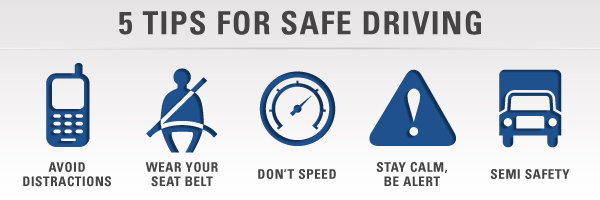 |
Fuel
Petrol stations are open from 07.00 - 18.00 every day except Tuesday and Saturday afternoons when they close at 13.00 and 12.00 respectively. They are also closed all day Sunday and on Public Holidays. All stations are now fitted with automated ATM machines that accept cash and credit card transactions when no cashier is on duty.
Cyprus petrol stations have two / three grades of unleaded fuel - '95 and '98 - which relate to the octane content. We usually recommend the '98 variety for our petrol-engined cars, although either type can be used safely. If customers have any doubt about the fuel type of their car they are advised to contact their local Europcar branch who can provide the correct information.
Traffic
Fines Any fines issued for speeding or parking violations are the responsibility of the driver of the car at the time of issue, and should be dealt with at the nearest branch of the Traffic Police. Unpaid tickets result in higher penalties, including any costs incurred by the police in retrieving the payment from overseas.
In case of emergency / accident
Sometimes even the most careful of drivers can run into difficulties. For complete peace of mind, we provide a 24hr island-wide emergency line to all our customers, free of charge. In the event of an accident, drivers should first contact the police (regardless of whether anyone was injured or not) and if possible leave the car(s) unmoved until they arrive. Then, call our emergency line to tell us the details of the incident - our staff will advise on the next course of action and arrange a replacement vehicle if necessary.
Driving into the Northern Occupied Area
Even though a few passages into the Northern Occupied area have opened in recent years, the area is still under Turkish military control and insurance companies do not provide any cover there. As such, anyone driving across the border becomes instantly liable for the market value of the car to cover the costs of any damage caused. This, combined with the fact that we are unable to provide any breakdown assistance there whatsoever, is the reason why we do not advise our customers to take rental cars into the Northern Area. Please note that any insurance purchased at the border crossing does not provide relevent insurance to cover any possibile damages.
 |



